The politics behind free BBC licences
News the broadcaster will begin means-testing TV licences for over-75s has provoked heated debate
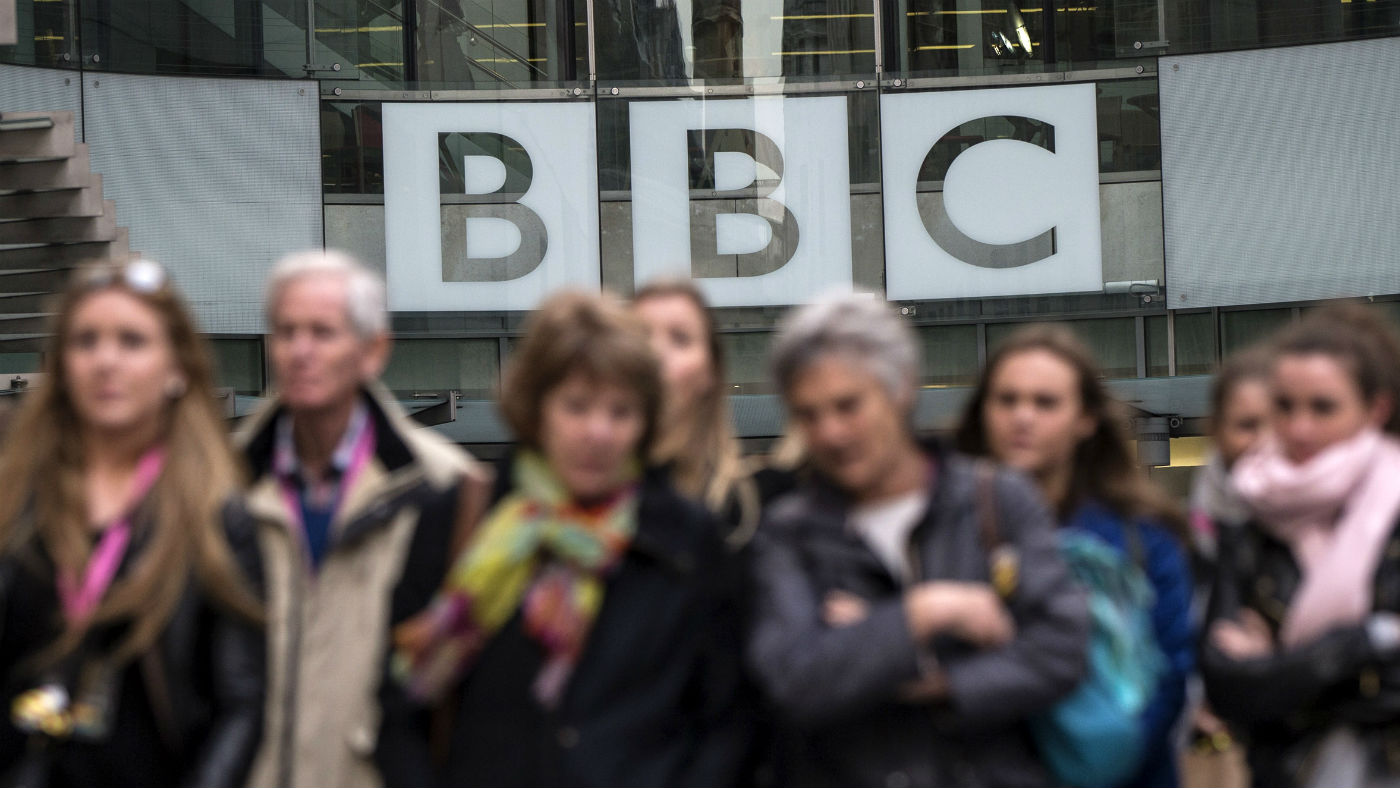
A free daily email with the biggest news stories of the day – and the best features from TheWeek.com
You are now subscribed
Your newsletter sign-up was successful
The BBC is to begin means-testing free TV licences for over-75s in a long-awaited shake-up that has already proven hugely controversial and could provoke a political battle.
The new scheme, which will come into force in 2020, will restrict free annual licences to households where someone receives pension credit. Around 3.7 million households are expected to lose out under the plans, which will save the corporation almost £500 million a year.
Free licences were first introduced by the Labour government in 2000 at the same time as half-price licences for the visually impaired.
The Week
Escape your echo chamber. Get the facts behind the news, plus analysis from multiple perspectives.

Sign up for The Week's Free Newsletters
From our morning news briefing to a weekly Good News Newsletter, get the best of The Week delivered directly to your inbox.
From our morning news briefing to a weekly Good News Newsletter, get the best of The Week delivered directly to your inbox.
In 2015, as part of the fee settlement, the Coalition government announced the BBC would take over responsibility for the concession next year, “meaning any unpopular decisions on charging over-75s had to be made by the BBC rather than ministers”, reports The Guardian.
Ever since then and with the number of pensioners continuing to grow, “the BBC has been pondering if it can afford to take on the bill”, says BBC media correspondent David Sillito.
The corporation has calculated that maintaining the old scheme would cost around £745 million annually – a fifth of the total BBC budget – and be equivalent to the costs of running BBC Two, BBC Four, BBC News and Radio 5 Live combined.
Sky News says the broadcaster, “which is facing financial pressures and is attempting to streamline, has previously said that shouldering the burden of free licences would ‘fundamentally change’ the corporation”.
A free daily email with the biggest news stories of the day – and the best features from TheWeek.com
The decision to means-test free licence fees follows a three-month public consultation, with just over half (52%) the 190,000 people questioned in favour of abolishing free licences.
The Daily Telegraph reports that “other options on the table included scrapping the concessions altogether, maintaining it but cutting services, giving all over-75s a 50% discount, or raising eligibility from 75 to 80”.
The BBC Board has described the change as “the fairest option to help the poorest pensioners” and "the fairest option for all licence fee payers, as this means everyone will continue to receive the best programmes and services that the BBC can provide”.
“The move has faced a backlash” says the London Evening Standard, “after suggestions such action could be taken had previously been criticised”.
The Daily Mirror, which has campaigned against a change to free licence fees for the over-75s, has called the cut “brutal”, and claimed campaigners had previously branded the idea of means-testing based on Pension Credit an “abject disaster”.
According to official government figures, up to 1.3 million families who are entitled to receive pension credit do not claim the benefit, suggesting many poor households will be hit hard by the change.
Charities have said this means some elderly viewers will be pushed into relative poverty by the decision, while the Guardian says it “is also likely to result in the criminal prosecution of elderly Britons who do not or are not able to pay”.
Caroline Abrahams, charity director of Age UK, said means-testing would leave vulnerable elderly people cut off from the world.
“Make no mistake, if this scheme goes ahead we are going to see sick and disabled people in their eighties and nineties who are completely dependent on their cherished TV for companionship and news, forced to give it up,” she said, warning that at least 650,000 pensioners will fall through the cracks and face “a big new annual bill they simply can’t afford, because though eligible for Pension Credit they don’t actually get it”.
Sky News says “it has been argued that the elderly are more likely to watch BBC programmes, which can act as a from of companionship and an antidote to social isolation”. On the other hand, David Sillito notes that “the elderly are by far the biggest consumers of the BBC’s output. The average age of BBC TV's audience is now over 62, and the question is how far younger licence fee payers should subsidise these older viewers”.
“As consumption of traditional TV by younger viewers continues to drop there could well be questions about why they are being expected to pay for a service that the heaviest users get for free” he adds.
The BBC’s decision to announce the change on a day when multiple Conservative leadership candidates formally launched their campaigns, risks “turning the issue into a potential issue in the leadership race, as hopefuls compete for the votes of older Tory party members” says the Guardian.
It is also likely to prove a dividing line in the event the new Tory leader calls a snap general election.
Unlike the Conservatives, Labour remains committed to its 2017 manifesto pledged to keep free TV licences for all over-75s.
The shadow culture secretary, Tom Watson, said he would continue to fight the decision, drawing comparisons with Boris Johnson’s proposed tax cuts for high earners.
“You cannot means test for social isolation. You cannot means test for loneliness. Millions of elderly and isolated people will lose because of this announcement – Labour will fight it with everything we’ve got” he said.
-
 How the FCC’s ‘equal time’ rule works
How the FCC’s ‘equal time’ rule worksIn the Spotlight The law is at the heart of the Colbert-CBS conflict
-
 What is the endgame in the DHS shutdown?
What is the endgame in the DHS shutdown?Today’s Big Question Democrats want to rein in ICE’s immigration crackdown
-
 ‘Poor time management isn’t just an inconvenience’
‘Poor time management isn’t just an inconvenience’Instant Opinion Opinion, comment and editorials of the day
-
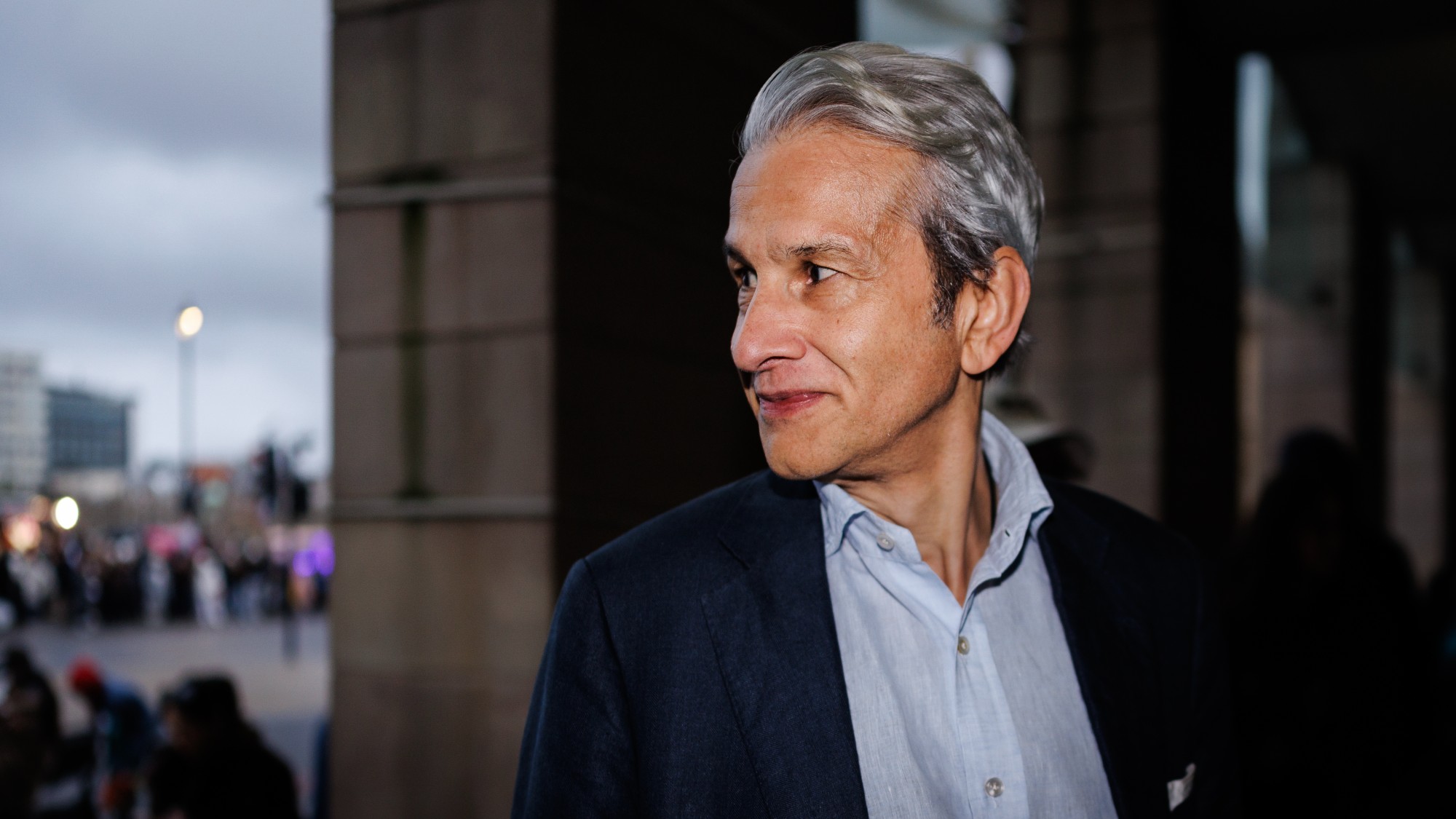 Can the BBC weather the impartiality storm?
Can the BBC weather the impartiality storm?Today's Big Question MPs’ questions failed to land any ‘killer blows’ to quell the ‘seismic outrage’ faced by the BBC
-
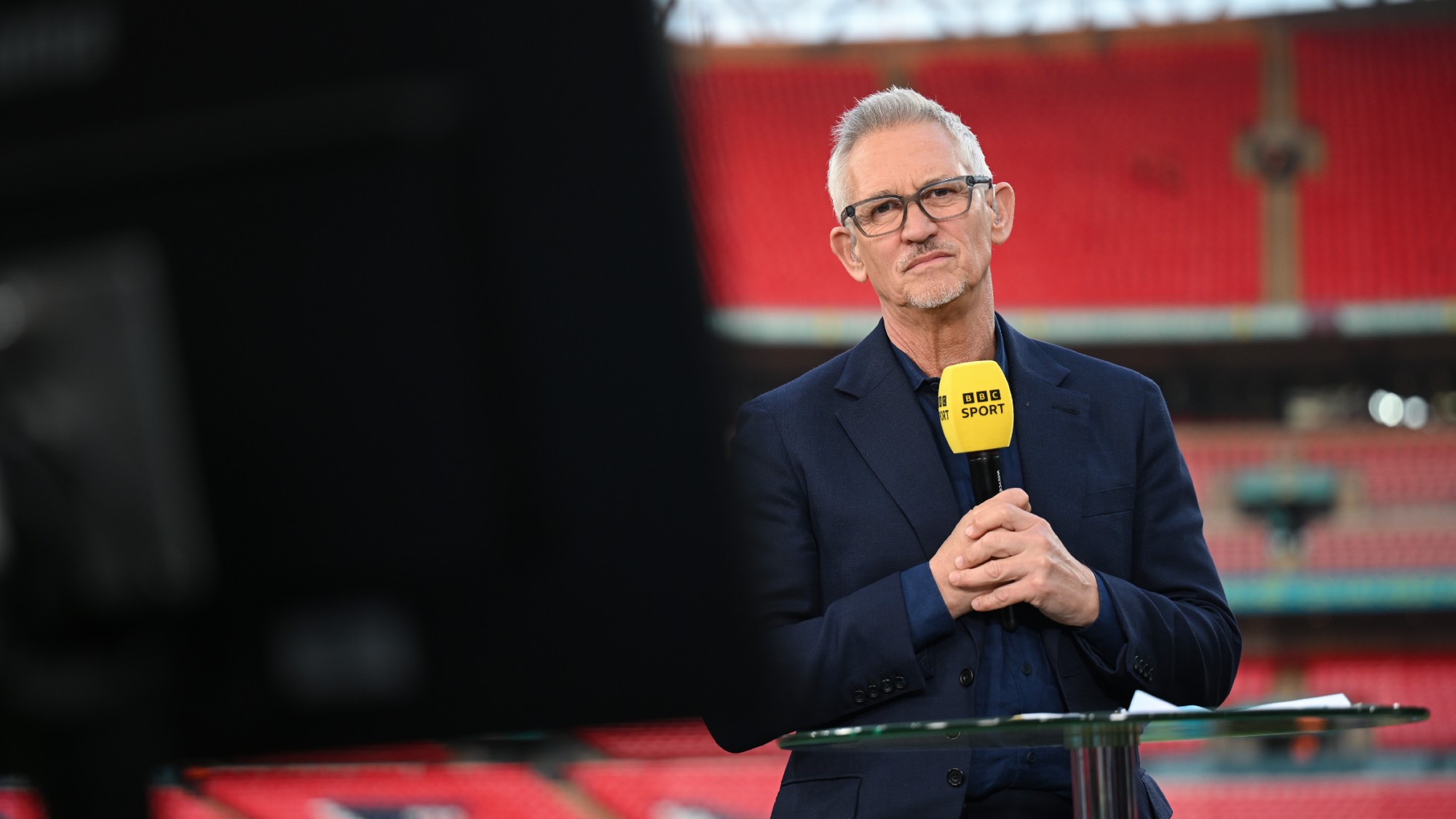 What are the impartiality rules for BBC presenters?
What are the impartiality rules for BBC presenters?The Explainer News presenters and hosts of 'flagship programmes' must adhere to tougher guidelines than other staff and freelancers
-
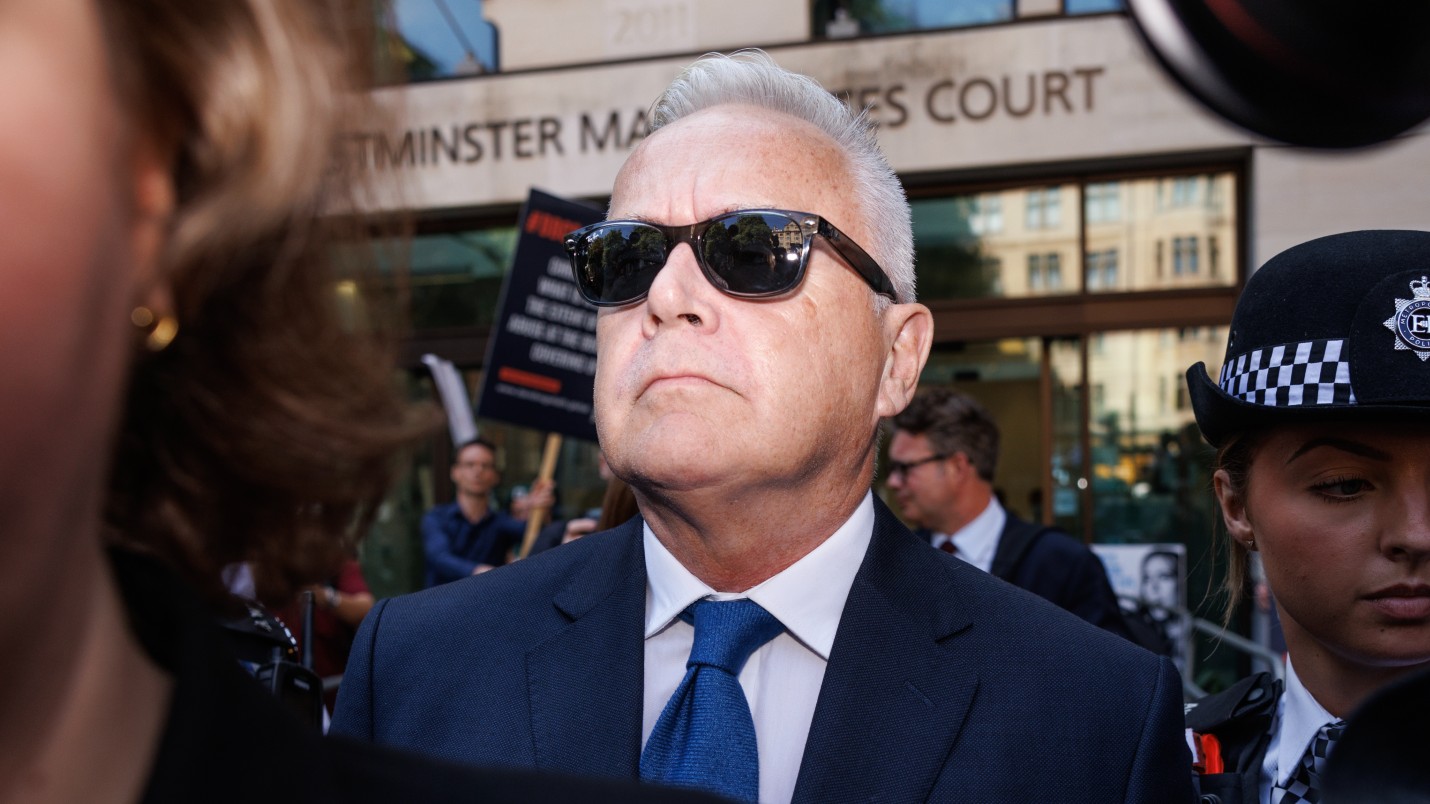 Huw Edwards: why is the BBC so scandal-prone?
Huw Edwards: why is the BBC so scandal-prone?In the Spotlight The national broadcaster has serious questions to answer
-
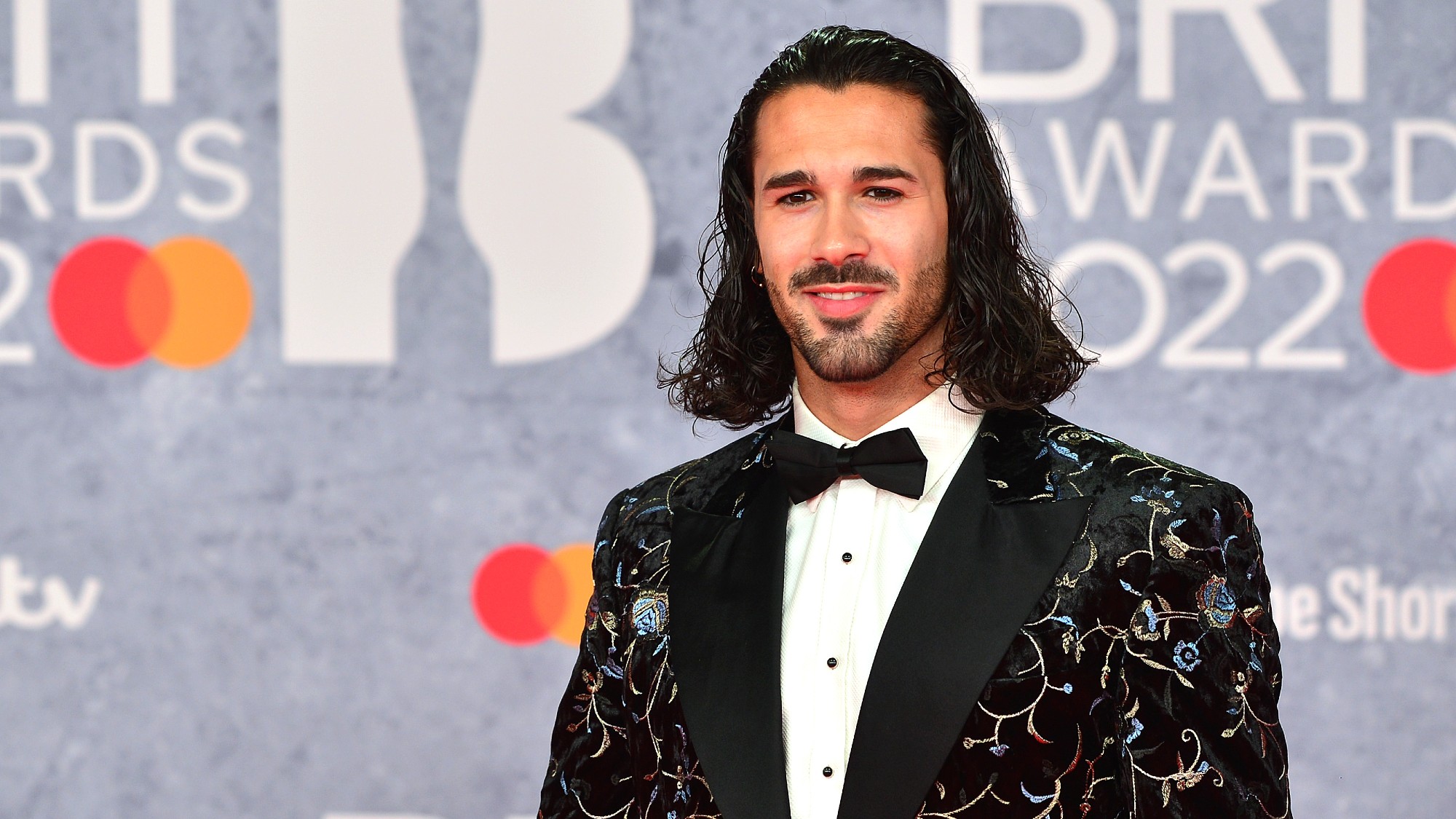 Strictly Come Dancing scandal timeline: what happened when
Strictly Come Dancing scandal timeline: what happened whenIn the Spotlight BBC director general addresses speculation over show's future and apologises to celebrity contestants who say they were mistreated
-
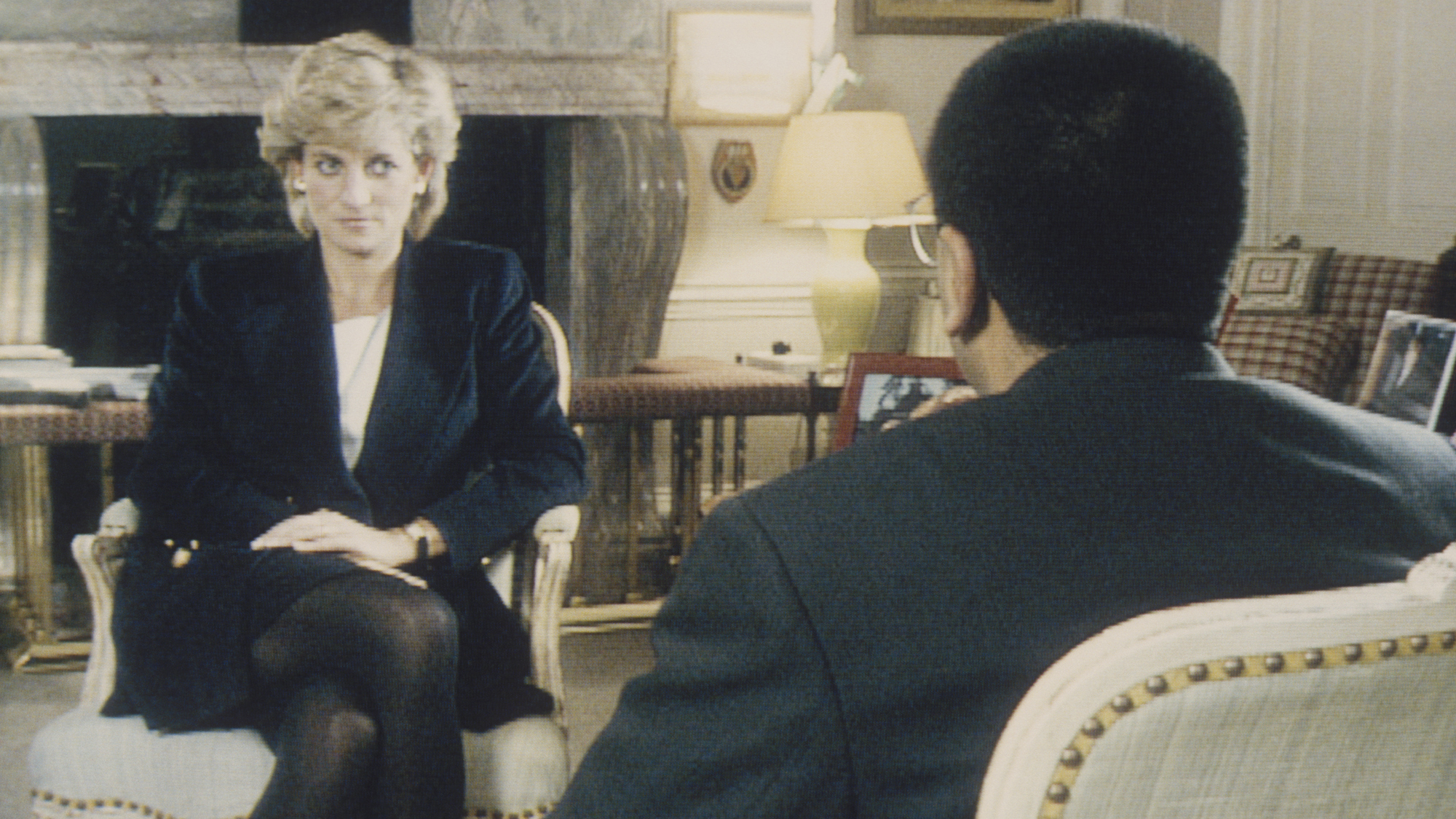 The Princess Diana interview and Martin Bashir's redacted dossier
The Princess Diana interview and Martin Bashir's redacted dossierIn the Spotlight The newly revealed documents show Bashir claimed jealousy and discrimination fuelled allegations against him
-
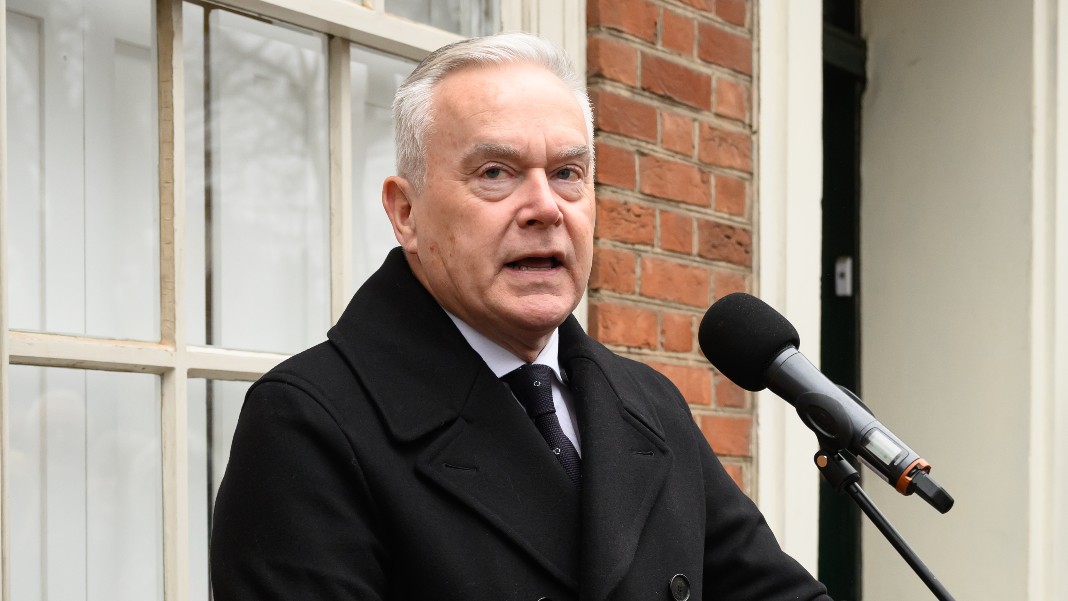 Huw Edwards and the question of ‘public interest’
Huw Edwards and the question of ‘public interest’Talking Point Privacy law ‘mess’ needs to be cleared up, not by judges, but by Parliament
-
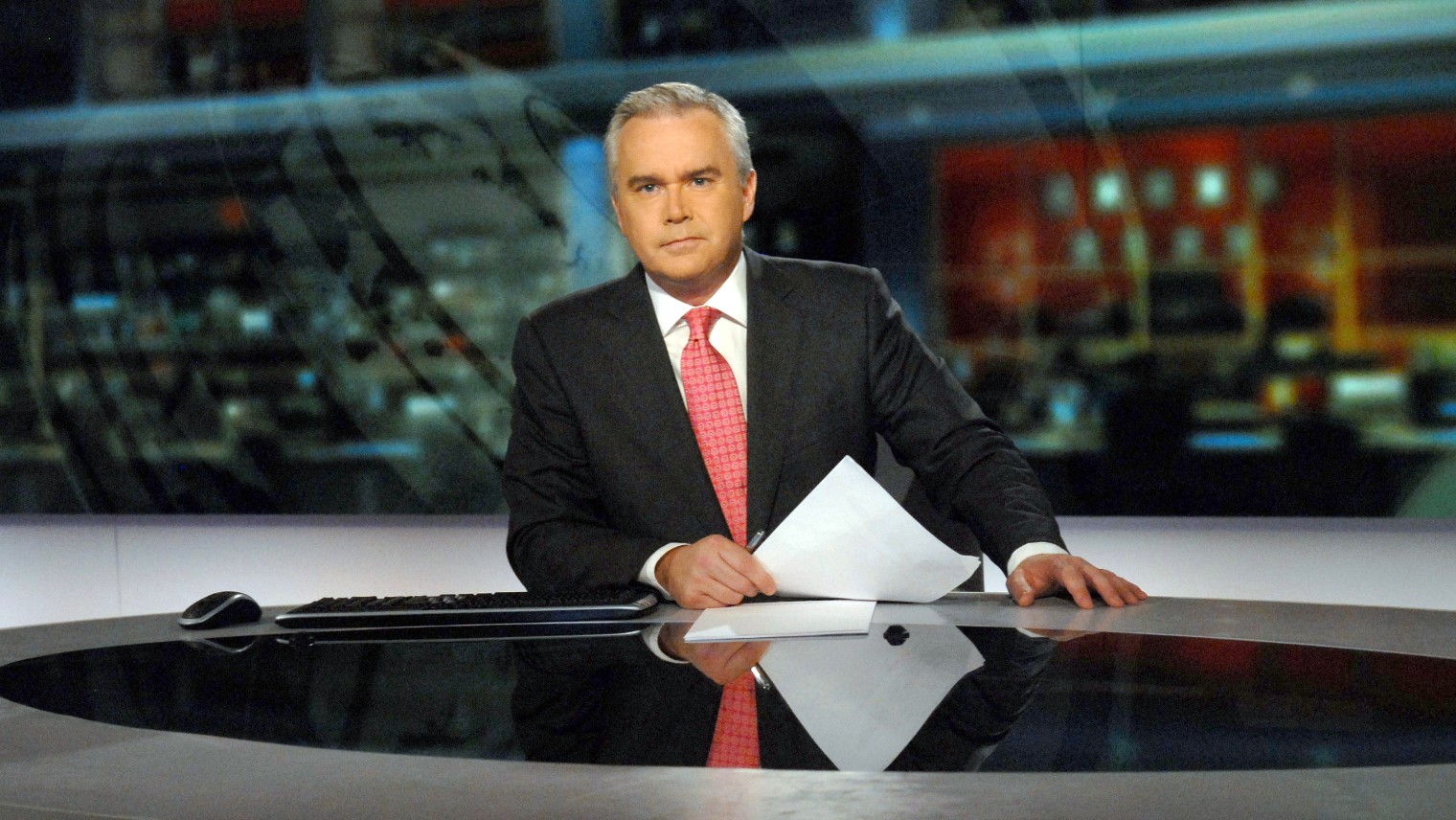 Huw Edwards named as presenter at centre of BBC crisis
Huw Edwards named as presenter at centre of BBC crisisIn Depth News reader’s wife, Vicky Flind, says he will remain in hospital for foreseeable future
-
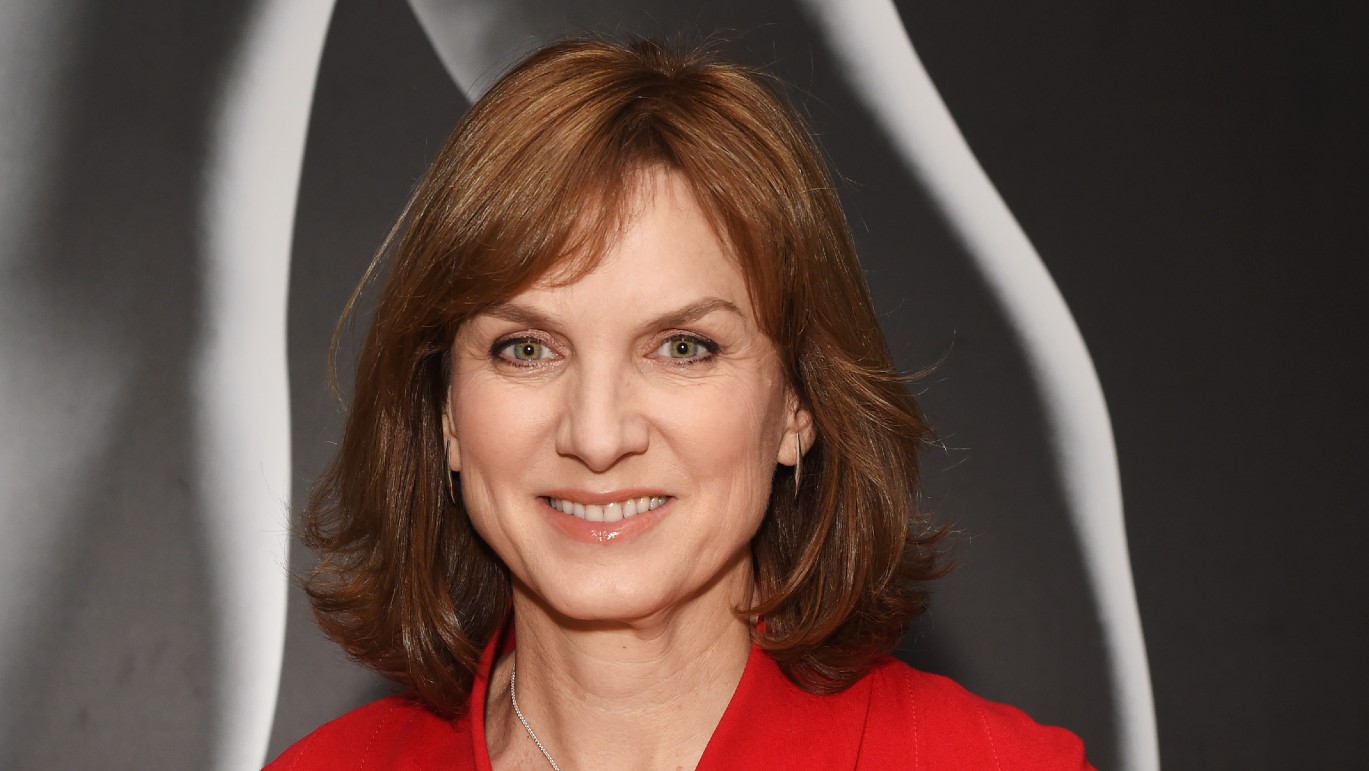 Fiona Bruce: has Question Time host been ‘hung out to dry’?
Fiona Bruce: has Question Time host been ‘hung out to dry’?In Depth Presenter accused of trivialising domestic abuse in debate about Stanley Johnson